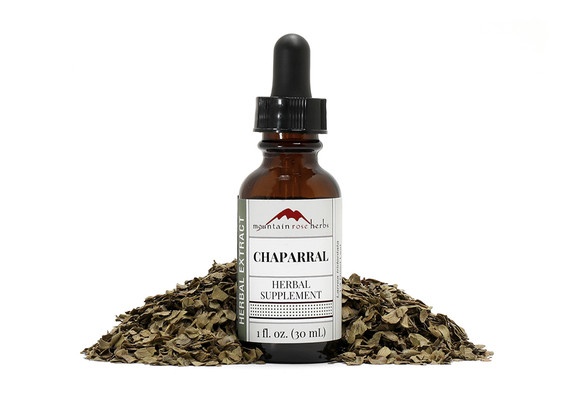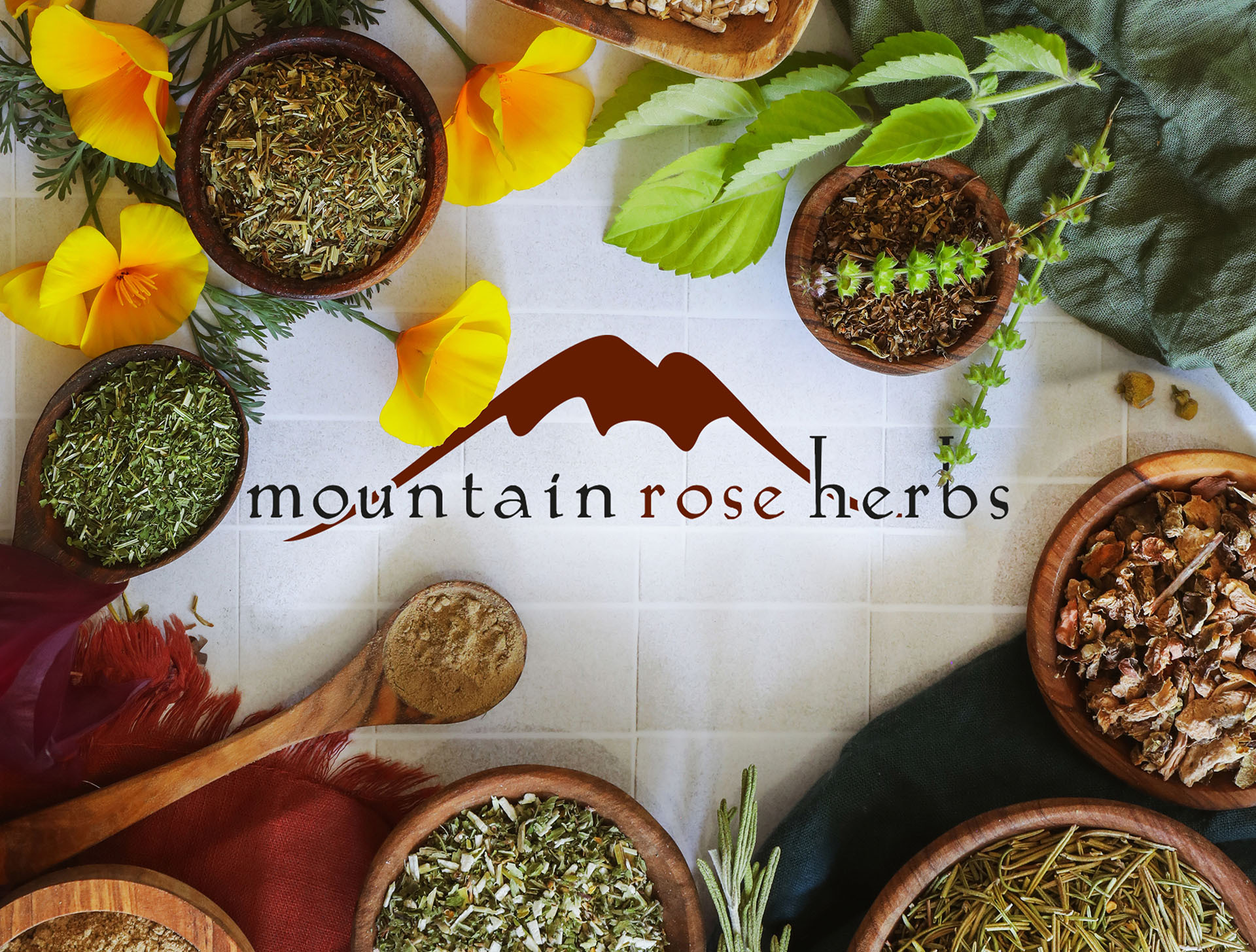We are currently transitioning to a new label for our single and combination extracts. You therefore may receive the label you are used to or one of our new labels. If ordering more than one extract you may receive both types of labels as we make this shift.
Angelica is the European cousin of the familiar dong-quai. The plant has an appearance that is like several poisonous plant species including water hemlock, so extreme caution must be taken if wildharvesting. With that said, Angelica archangelica is easy to cultivate and makes for a wonderful addition to the garden. Also called wild celery, it is the roots that are most often used although the stems and leave are edible. Regarded for its aromatics and warming energetics, angelica root has a long history of use in traditional healing practices.
Angelica is a biennial member of the Apiaceae family which includes common kitchen spices such as lovage, dill, fennel, coriander, and cumin, to name a few. The graceful flowering plant features umbels of white flowers, a hollow stem, and finely toothed leaflets. It likes to grow in damp soils, near running water, and along woodland edges. Angelica is found as far north as Nunavut and Lapland and as far south as Syria and South Carolina.
Angelica roots are aromatic and considered to have spicy, bitter, and warming energetics. The herbaceous plant is known for its sweetly scented edible stems and roots, which are a popular confectionary, especially in Europe. Angelica has a long history of use in traditional Western herbalism where it was often employed in a variety of wellness-supporting applications. Angelica is considered to have an affinity for several systems throughout the body including the immune, respiratory, digestive, and reproductive systems.
Traditional preparations of angelica root include infusion as tea, tincturing, making candy, and flavoring liquors. In fact, it is one of the prominent herbal ingredients in gin distillation alongside juniper berries. Angelica extract is quite aromatic and herbaceous. It can be added to hot tea or water to mellow the flavor. Oftentimes, angelica tincture is used for its healthful actions and is combined with specific botanicals to target a particular body system.
Ingredients
Organic alcohol, water, and fresh organic angelica root.
Packaging & Shipping
• 1 oz. and 2 oz. extracts come in amber glass bottles with a dropper.
• 8 oz. size comes in an amber glass bottle with a plastic screw cap and does not include a dropper.
• 32 oz. extracts come in plastic bottles with a plastic screw cap.
Precautions
Not for use in pregnancy except under the supervision of a qualified healthcare practitioner. We recommend that you consult with a qualified healthcare practitioner before using herbal products, particularly if you are pregnant, nursing, or on any medications.
This information has not been evaluated by the Food and Drug Administration. This product is not intended to diagnose, treat, cure, or prevent any disease. For educational purposes only.








